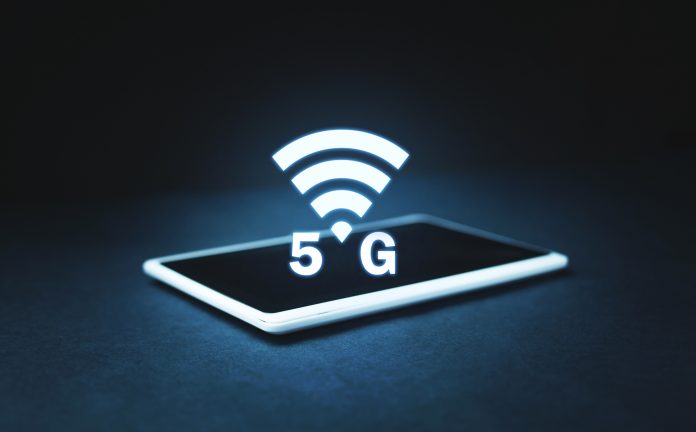Sarah Mills, Network Operator Sector Director, SSE Enterprise Telecoms, discusses the societal and technical benefits of 5G, rural innovation, and the capabilities this new era of network connectivity will bring to businesses
In the 1980s, the first generation of mobile network, which only offered essential services such as carrying voice, was introduced. Since then, technological advancement has enabled more sophisticated solutions and network capabilities to be steadily developed. The second generation, 2G, introduced new digital services such as text and image sharing, while the third generation, 3G, brought video calling and mobile data. Most recently, the roll-out of 4G allowed to support mobile internet and increased speeds for video streaming and gaming.
The next milestone in the evolution of mobile networks is 5G, which is set to operate much faster and therefore open up entirely new use cases enabling business quicker, more efficient ways of working, travelling and consuming data. Many expect 5G to revolutionise industries in a way similar to the way the rise of the automobile and telephone have.
A more connected society
5G will be significantly faster than 4G, with much lower latency, meaning there will be little delay or lag when using mobile and internet-connected devices. These capabilities are expected to significantly transform the mobile experience and introduce a new digital reality with minimal disruption. A robust 5G infrastructure is essential for facilitating advanced and next-generation technologies such as connected cars and smart cities.
However, not only commercial industries and enterprises stand to benefit from the pervasive high capacity network. The deployment of full-fibre and 5G mobile network infrastructure will enhance the public sector and help its services run more efficiently.
If 5G delivers everything it promises to, many expect its introduction to support the fourth industrial revolution, where everything is connected, processed and digitised.
New technical capabilities
5G will also have greater capacity, meaning networks will be able to support more high-volume applications all at the same time, from virtual reality to the Internet of Things (IoT) and an array of smart devices perfect for the public sector. For businesses that rely on fast and reliable network connectivity between numerous sites and data centres, 5G will open doors to completely new capabilities. 5G will provide:
- Reliability: 5G is expected to be much more dependable, meaning no more technical issues such as dropped calls or cut out internet connections. As the public sector increasingly depends on uninterrupted connectivity to provide vital services, always-available internet will enable more ‘critical’ use cases such as those related to digital health and education.
- Flexibility: The new generation of network slicing will allow a physical network to be divided into a number of virtual networks, enabling users to engage the right ‘slice’ depending on their immediate requirements.
- Greater Capacity: 5G-powered networks will be able to better support high-volume applications, including mixed reality. In practice, consumers will be able to enjoy ultra-fast content downloading and augmented reality for big entertainment events.
Example use cases
While in the longer-term 5G connectivity is expected to unlock the ability to create, deliver and use services that are yet to even be invented, it is also expected to deliver tangible benefits to pre-existing industries in the short and medium-term.
Some anticipated outcomes of 5G technology include:
- Rural innovation: Rural areas in many countries, including the UK, have been struggling with slow and unreliable connectivity or lack thereof. 5G will better connect these communities, opening up new opportunities and enabling more people to start businesses from home.
- Increased productivity: A key advantage of 5G could be helping businesses work more quickly and more efficiently, increasing revenue, and assisting them move to more flexible working models. Through having access to this new technology, businesses will have access to a very fast and reliable internet connection.
- Tailored networks: Network slicing will enable businesses to practically own their own private 5G network, set up according to precise business needs. 5G will certainly have much greater capacity across a much wider range of radio spectrum, but it will also use that spectral resource more intelligently and effectively, assigning only the resources required for each application.











